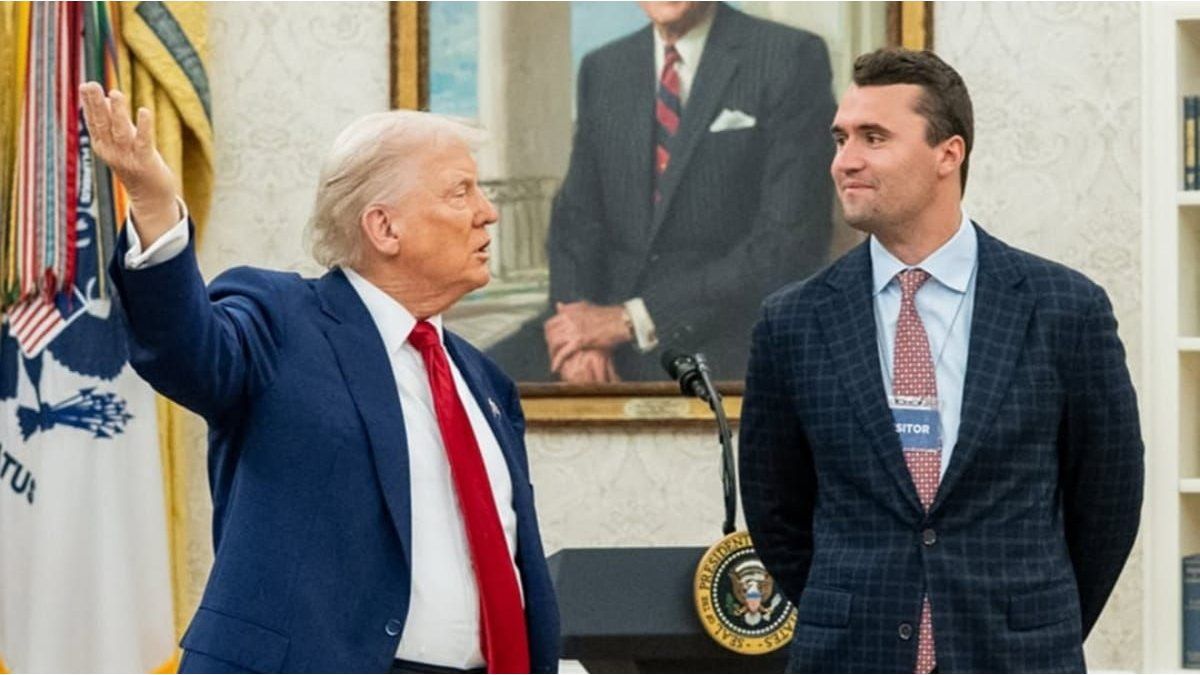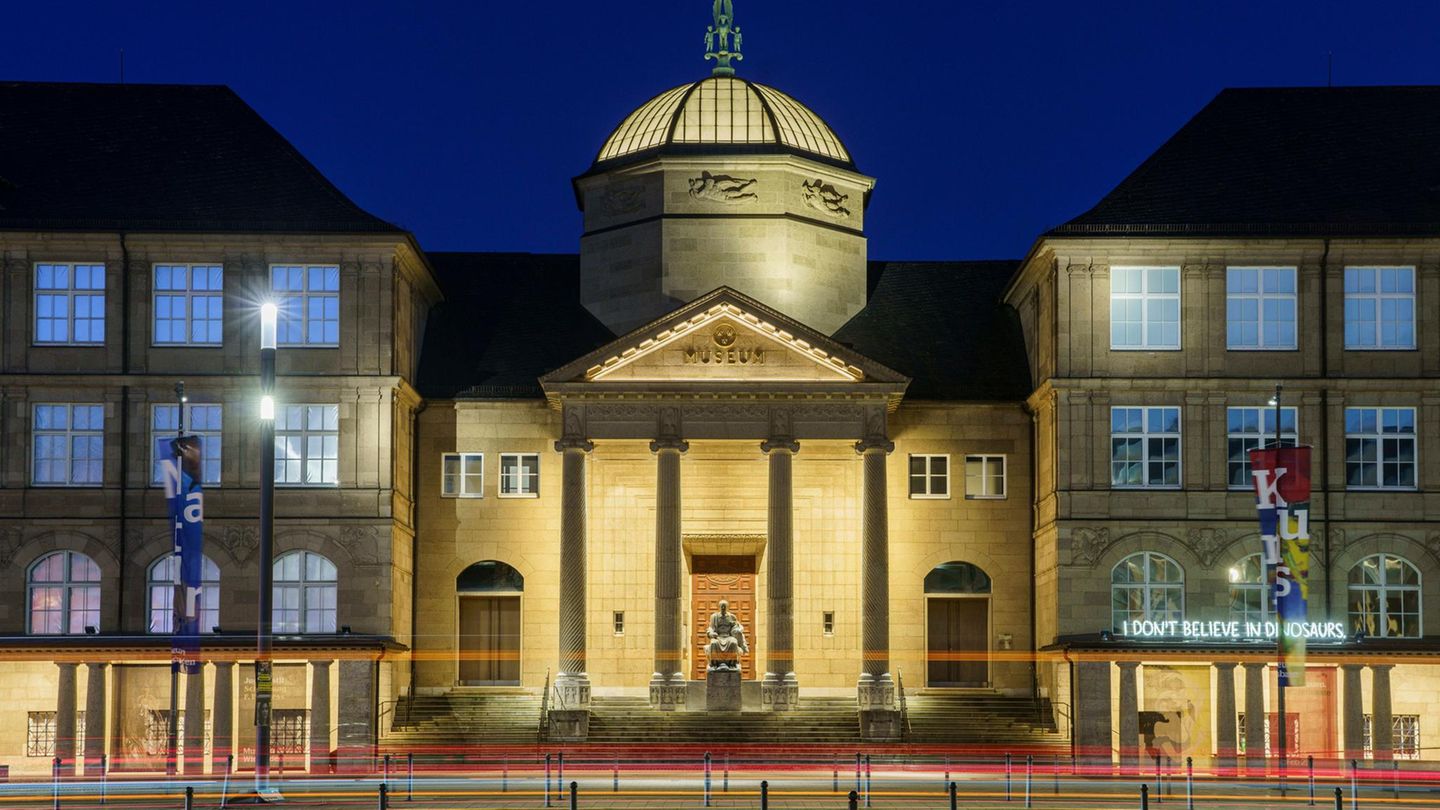The big bang didn’t happen: After the first round of collective bargaining at the railway, the GDL union is relying on further talks instead of industrial action – for now.
The first round of collective bargaining between Deutsche Bahn and the German Locomotive Drivers’ Union (GDL) ended without a big bang on Thursday. An agreement is still a long way off. But the feared escalation initially failed to materialize. Instead of a strike vote or warning strikes, further talks between the two sides will follow next week. Passengers can therefore breathe a sigh of relief for the time being. What the first day of negotiations means:
Are strikes and standstills on the rails now off the table?
At least until the next round of negotiations next Thursday and Friday, things should remain quiet. On the first day of negotiations, the two sides did not move towards each other in terms of content. “Nevertheless, we have decided to continue the negotiations here next week,” said Weselsky after the first round of negotiations in Berlin. Above all, he considered the fact that negotiations should now take place weekly instead of monthly as a success of the first round.
Weselsky also gave a cautious all-clear with regard to possible labor disputes over the Christmas period: “The whole world is talking about the Christmas truce,” he said. “I’ve known him for decades. If you look at history, you’ll see who ever went on strike at Christmas: it was never the GDL.” But the union will only comment on concrete plans when the time comes, he emphasized.
The GDL’s tone is likely to become sharper again next week at the latest when it comes to the specific demands and content. “We will keep the pressure on the cauldron high, and at the end of the process we will be able to back up our demands with appropriate strike measures at any time,” said the union leader on Thursday.
How did the first round of negotiations go?
The railway made an initial offer to the union on Thursday. It includes an eleven percent wage increase over a period of 32 months, as the group announced. This corresponds in volume to the collective bargaining agreement for the federal public service. The inflation compensation premium of 2,850 euros required by the GDL is also included in the offer. The railway promised 1,500 euros of this for December.
But the GDL rejected the offer on Thursday. “Too little, too long and at the end of the day not enough,” Weselsky commented on the step. The union is demanding 555 euros more per month as well as an inflation compensation bonus of 3,000 euros – less a portion of this tax- and duty-free one-off payment that has already been paid.
But above all, the railway did not address the union’s core demand in its offer. The GDL wants to reduce the working hours for shift workers from 38 to 35 hours with full wage compensation. The railway doesn’t think that’s possible. From their point of view, the labor market is too tight to find enough additional employees. “Nothing has changed in our clear no to reducing working hours,” emphasized railway board member Martin Seiler after the first round.
Are there any other sticking points?
Yes. As with previous GDL collective bargaining rounds, this conflict is characterized by the debate about the so-called Unified Collective Bargaining Act. It stipulates that in a company with several unions, only the collective agreement of the employee representation with the larger membership is implemented. For the approximately 300 Deutsche Bahn companies, this is usually the EVG. The GDL contracts are currently used in only 18 railway companies. But from the perspective of the train drivers’ union, there is no secure procedure for determining the number of members in the respective companies. She is therefore suing in several cases against the company’s determinations, some of which have already been filed in the final instance before the Federal Labor Court.
The GDL is therefore trying to expand its sphere of influence on the railways. In this round of collective bargaining, she also wants to negotiate for employees in the infrastructure division. The railway rejects this. So far, the GDL does not have its own collective agreements there.
What is the new GDL cooperative all about?
Also with a view to the Unified Collective Bargaining Act, the union announced in the summer that it wanted to set up its own temporary agency in the form of a cooperative. According to Weselsky, this has already happened. Recruitment interviews are currently underway, he recently emphasized. The employees of this company could now be loaned out to the railway at GDL conditions. In this way, the GDL collective agreements could also be applied in companies where the EVG actually has a majority among the employees.
Because the cooperative does not negotiate its collective agreements with the railway, but with the GDL. A corresponding company collective agreement has already been agreed, said Weselsky. “The cooperative is the solution to this outrageousness,” Weselsky told the “Süddeutsche Zeitung” with a view to the Unified Collective Bargaining Act.
Source: Stern



